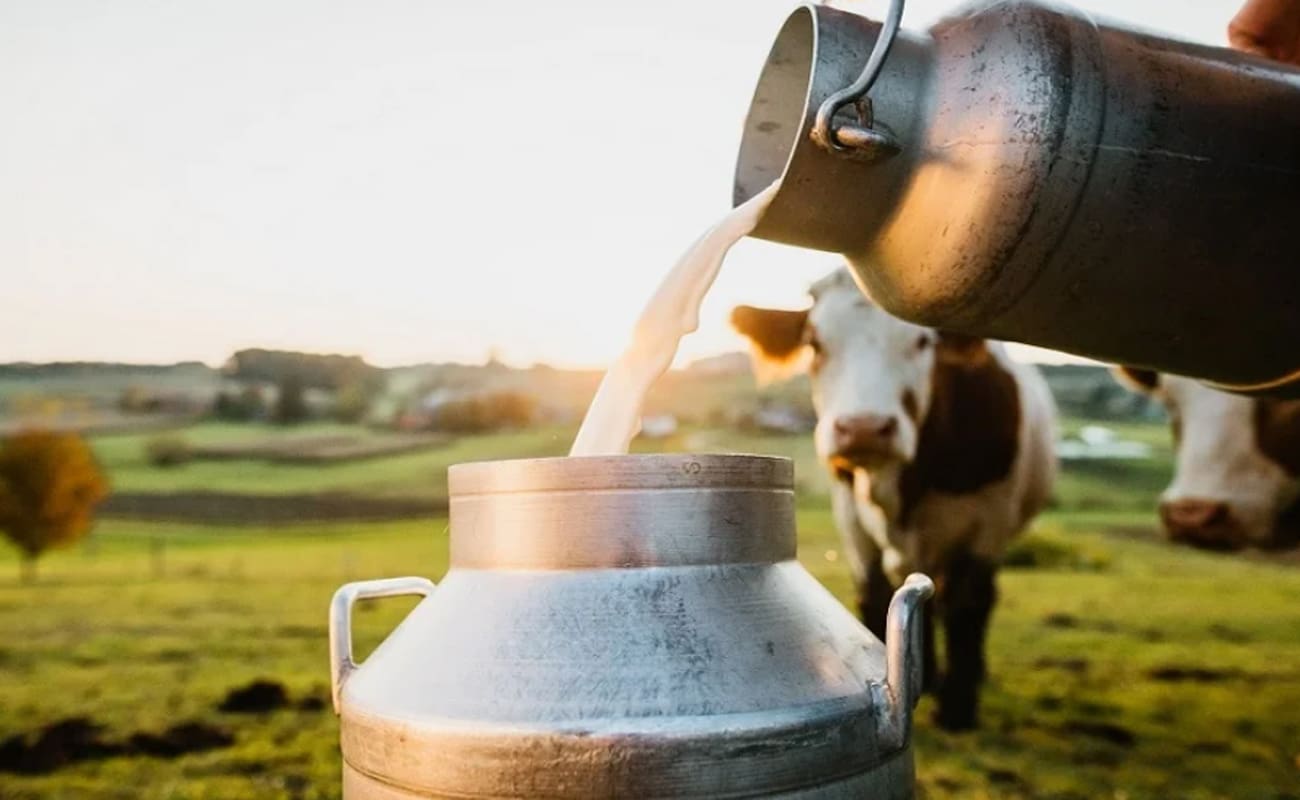The food choices we make every day have profound consequences for the planet. Diets high in animal products—such as meat, dairy, and eggs—are among the leading drivers of environmental degradation, contributing to greenhouse gas emissions, deforestation, water scarcity, and pollution. Industrial livestock farming requires vast amounts of land, water, and energy, making it one of the most resource-intensive systems on Earth. In contrast, plant-based diets typically demand fewer natural resources and produce a significantly lower environmental footprint.
The environmental impact of diets goes beyond climate change. Intensive animal agriculture accelerates biodiversity loss by converting forests, wetlands, and grasslands into monoculture feed crops, while also contaminating soil and waterways with fertilizers, pesticides, and animal waste. These destructive practices not only disrupt delicate ecosystems but also threaten food security by undermining the resilience of natural resources needed for future generations.
By examining the connection between what we eat and its ecological toll, this category highlights the urgent need to rethink global food systems. It underscores how transitioning to more sustainable dietary patterns—favoring plant-based, regional, and minimally processed foods—can mitigate environmental damage while also promoting human health. Ultimately, changing diets is not only a personal choice but also a powerful act of environmental responsibility.
Are you looking to improve your health and make a positive impact on the environment? A vegan diet may be the answer. In this post, we will explore how adopting a vegan lifestyle can not only benefit your overall health but also contribute to a more sustainable future. From reducing the risk of chronic diseases to mitigating climate change, there are numerous reasons why a vegan diet is worth considering. So let's dive in and discover the many ways a vegan diet can improve your health and the environment. The Benefits of a Vegan Diet Understanding the Environmental Impact of Animal Agriculture Animal agriculture is a significant contributor to greenhouse gas emissions, releasing large amounts of carbon dioxide, methane, and nitrous oxide into the atmosphere. Livestock farming also requires vast amounts of land, water, and resources, contributing to deforestation, water pollution, and habitat destruction. Adopting a vegan diet can help …


























































